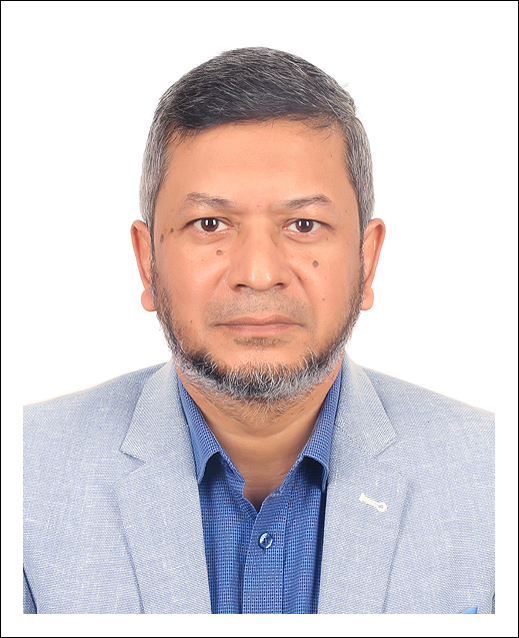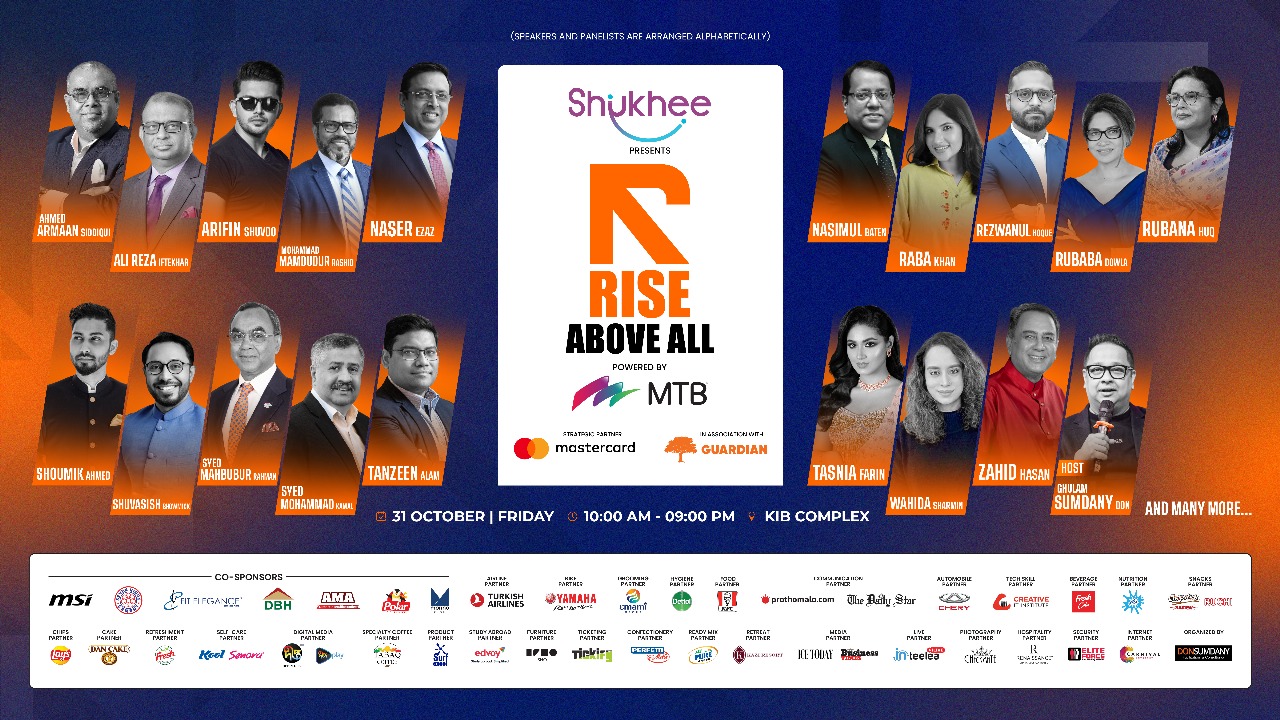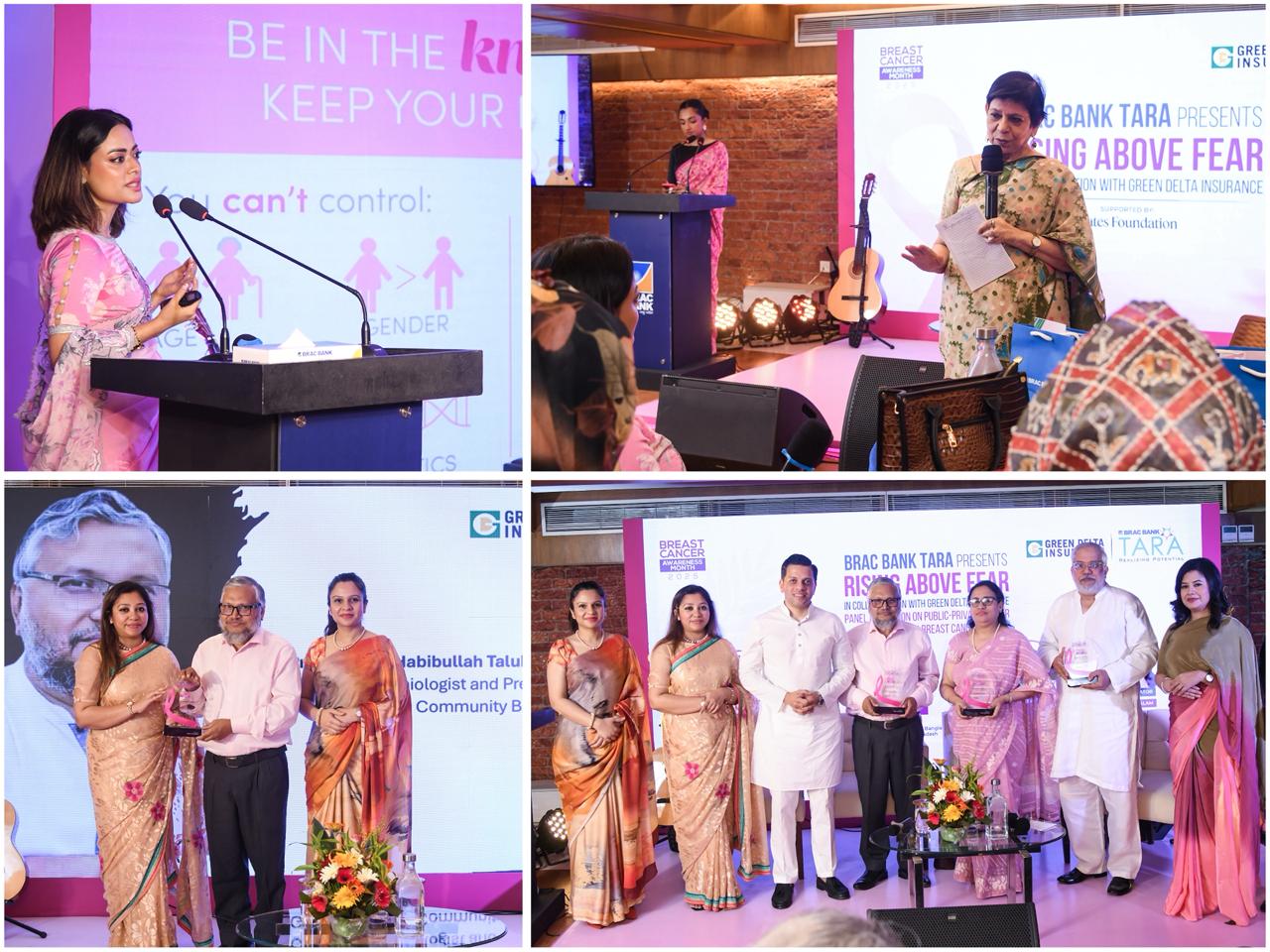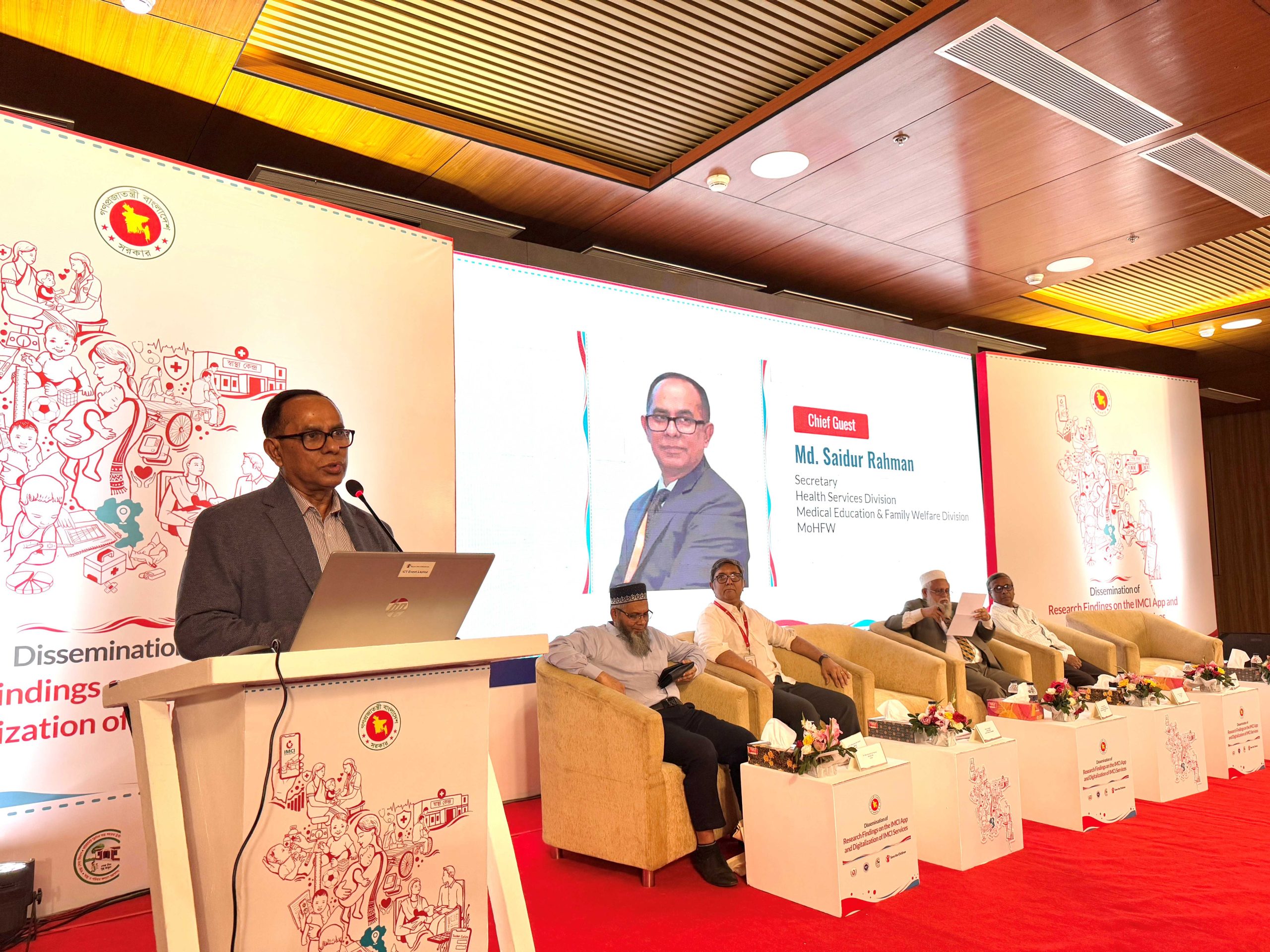IN NEED OF DIPLOMATIC PROWESS & INNOVATIVE APPROACH
*M. Humayun Kabir on engaging the Bangladeshi Diaspora
Whoever forms the next government, how important would it be to receive international recognition?
Actually, the most critical element here is to have a participatory, free, fair and credible election where people can cast their votes. Whoever gets the maximum number of votes- a party or a combination of parties- will form the next government. What is important here is the continuation and strengthening of the democratic process in Bangladesh. One has to appreciate the fact that when we talk about the democratic process, we not only talk about the governance structure alone, we also talk about the empowerment of people. The beauty of democracy is that it empowers people and creates an enabling environment for the people to enjoy their fundamental human rights, enshrined in the Constitution and in the Universal Declaration of Human Rights! From a practical point of view, the future of Bangladesh, whether as a middle-income country or as a developed country, demands that the voices of the people are always heard and respected and integrated into the decision making process. After all, it is they who won this country and they must have the ownership of their future. A free, fair, credible and participatory election is the most vibrant way to capture such an aspiration in the most constructive and sustainable way. My sense is that a free, fair, participatory and credible election will add significantly to improve our reputation as a democratic nation and the international community will also come to acknowledge it as such. Indeed, I have seen it myself in 2008 when the international community commended the admirable functioning of our electoral and democratic process. At this point, I would keep my focus more on having an election through which people can exercise their rights freely and fairly and voices to choose the next government. I have no doubt that the international community will recognize the outcome of a successful election with due importance.
In the current diplomatic and socioeconomic scenario what are the priorities that the government should focus on as a new government?
I would like to prioritize issues from two perspectives. One perspective is about the conceptual side where Bangladesh has gained a reputation during the last 47 years as a normative and peace-seeking nation. When we talk about our contribution to global peace, it implies that we don’t just work for peace in the outside world; it also implies that we must also build up a solid infrastructure of peace within our own nation. It is then we shall be able to create an opportunity for all people in Bangladesh to participate and build an inclusive, egalitarian and equitable society, in which everyone can contribute to strengthening our journey forward.
Then comes the functional aspect which will shape our priorities for the future. In this context, it is important to make an objective assessment of the ongoing transformation taking place here in Bangladesh and in the outside world. After all, foreign policy is essentially an analysis of the risk and opportunities in the outside world, and like other countries, we have to design and implement our response mechanism to protect and promote our national interest in that context. Two factors are possibly driving this process. First, from a domestic point of view, we plan to move to the level of a developing country by 2024. In order to graduate to that level, Bangladesh will need to mobilize support and resources from the international community, including our neighbors as well as integrate itself with global norms, standards, and practices. Second, geopolitics in Asia is changing fast and becoming more competitive in nature. Increasingly Bangladesh will have to navigate itself in an environment of growing competition. The Rohingya influx last year has shown us the unpredictable face of such a competition and highlighted the urgency to hone our skills to manage the changing landscape with a view to protecting and promoting our vital interests in the region and beyond.
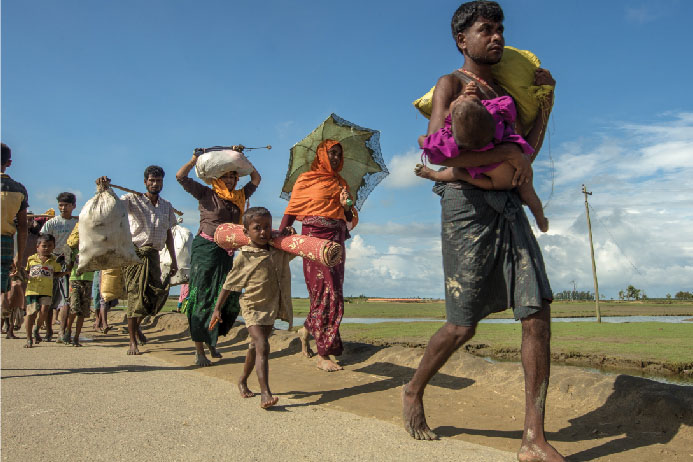
For the next government, the following issues may demand attention: First, an early, safe, sustainable and dignified return of the Rohingya displaced persons to Myanmar will absorb a great of our diplomatic energy in the coming years. Second, connectivity issue with our neighbors and linking up with larger strategic ideas will also demand a good degree of attention. This area will offer both promise and perils, particularly in the context of growing competition shaping up around this issue in the Asia Pacific region. Third, Bangladesh may have to be extra creative and careful in exploring its opportunities in fast unfolding connectivity ideas covering larger Asian landscape. Fourth, as our economy grows, the demand for energy will multiply, and in this context, Bangladesh has to take a strategic view to meet this burgeoning demand. In this context, to meet our demand and to safeguard our vital interest we may have to aggressively explore all options, including perhaps tapping into renewable energy sources. Fifth, on the economic side, drawing inward foreign direct investment, technology transfer, migration and expanding and diversifying our export products alongside adhering to global norms and standards will also demand our attention and energy.
Sixth, South Asia is our home, so obviously we will maintain our current focus on it, and if possible expand and deepen the same. It is also important that Bangladesh diplomacy retrieves its niche in regional diplomacy, and in this regard energize its focus on efforts to revive SAARC, operationalize BBIN and jump-start BIMSTEC, notwithstanding the ongoing headwind these regional organizations are passing through. Bangladesh also has to look at the larger geopolitical and geo-economical scenario, which is unfolding around us. Both opportunities and challenges have to be properly analyzed, evaluated, and appropriate initiatives have to be undertaken for maximizing benefits from such openings.
Do you think internal coordination between ministries can spruce things up in the diplomatic forefront?
By all means! In addition to theoretical need, there is a practical justification for that too. As we know, a foreign policy of any country is an extension of domestic policy priorities and there is a close connection between these two formats. Therefore, before we go and engage with the outside world, we need to improve our coordination back home. Currently, there are several ministries involved in our engagement with the outside world- Ministry of Foreign Ministry, External Economic Relations Division (ERD), Ministry of Commerce, Ministry of Energy and Mineral Resources, Ministry of Expatriate Welfare and Employment, Ministry of Environment and Ministry of Tourism and BIDA, for example. National level coordination among them is still either non- existent or at best modest. They need to work together and in a synchronized manner to produce the best outcome from our engagement in the outside world. For the sake of better coordination, the new government could work out a formula under which any Ministry/Organization working outside and promoting our national interests should align its activities with the larger foreign policy goals of Bangladesh and synchronize them under a coordinating Ministry. Usually, it’s the Foreign Ministry that does such kind of coordination. Strengthening our internal coordination could clearly improve the service delivery efficiency in our foreign relations. Several countries are now following this model of coordination and we can suitably pick one according to our needs and priorities.
How important are the EU, the USA and the UN for us from a diplomatic point of view?
Relationship with these countries is very important in my view. Two principal reasons could be cited. First, EU and UN and to some extent the US are our partners in normative pursuits in our global relations. Bangladesh is a democratic country and we have been promoting peace as the main pillar of our foreign policy and plan to continue to do so in the coming years and decades. Both UN and EU, being essentially the norm-setting organizations, enjoy extra value in our foreign policy perspective. Alongside them, Bangladesh also partners with the United States in promoting the value and practice of peace in the global context, particularly under the UN framework. Therefore, as long as Bangladesh follows this trajectory, our relationship with them will remain strong and dynamic. Second, from a commercial point of view, both EU and the USA are important partners for us. These are the two largest destinations for our RMG exports. If we want to expand and deepen our exports we can still explore those two markets. The next element which is important for our economy and employment is the migration issue. The UN has just accepted the Global Compact on Migration, where Bangladesh played a role. Indeed, for Bangladesh, migration is a promising reality and will continue to intensify and deepen in the next decade. However, fact remains that we are still at the low end of the global labor market and we need to work hard on two ends to optimize our gains from this sector. One is exploring the market outside with better skills, and the other is to impart more skills to our potential migrant workers back home. As of now, we are the 9th largest recipient of remittance. Remittance can be multiplied. At the same time, we must intensify our efforts to develop and put in place a mechanism for ensuring the rights and safety of the migrant workers with support both from labor importing countries and other labor exporting countries and the international bodies such as ILO and IOM.
There is an expanding Bangladeshi diaspora. How to make the best use of them for national development?
Besides remittance, another issue that is not much discussed is the investment potential of the diaspora community. In China, 70% of the foreign investment, which is in the range of $160 billion, comes from the Chinese diaspora community. This is an absolute virgin area for Bangladesh now. We can explore that if we can win the trust of Bangladeshi Diaspora community to invest in various domestic projects. Once they come in, the international and multinational companies will also follow and that will help us to meet the deficits in the foreign direct investment area. As a middle-income country, we would need a huge dose of foreign investment and a large part of that can come from our Diaspora communities aboard. Streamlining governance issues could facilitate gainfully exploring the market for remittance and investment as well.
Then comes the issue of technology. Bangladesh cannot move up to the middle-income country without the transfer of technology, and for this, we can work with Japan, China, Singapore, South Korea, Europe, and the USA, among others. Indeed, technology is driving economic growth everywhere and the same will be true to Bangladesh as well. ICT has become a common word, the young generation is wedded to that and wealth is being created through utilization of technology. More areas need to be explored to take advantage of the fourth industrial revolution with suitable adjustments to our policies and physical arrangements. These could also be our export products to the neighboring countries and to the world market. After all, service sectors export items could be the new area to explore aggressively. Diaspora communities could be a useful vehicle for technology and management skills transfer to Bangladesh and can help modernize our economy and management systems, both domestically and in our foreign relations.
The Diaspora community could also extend a useful hand in building and projecting the reputation of Bangladesh. My own experience taught me that the Diaspora community wants to be proud of Bangladesh and is keen to extend all kinds of support to Bangladesh, including investment, but they are generally prevented from doing this due to variety of governance and attitudinal issues back home. Non partisan, professional and creative approach could perhaps help to overcome this handicap and we can tap into the huge potential of support from the Diaspora communities scattered around the globe. Diaspora community could also be a force multiplier for our diplomacy!
How can we convey the messages of our development in an effective way?
It is important that we make professional and credible stories so that they represent true Bangladesh. We must not underestimate the fact that the outside governments, international media, and civil society can play an important role in framing Bangladesh. Let us take a recent example. During the ongoing Rohingya crisis, the members of the international community, including governments of friendly countries, global media, and civil society all came together to stand beside Bangladesh. This gives us some lessons as to how to mobilize the international support through appropriately utilizing our diplomatic tools and techniques. If we want to maintain the current momentum, we must also invest to professionalize and invest in our diplomatic infrastructure, so that it can help us navigate through the international maze. It is important to appreciate that diplomacy is after all our first and last line of defense!
These days it’s easier to spread stories through a number of formats or platforms. But the real picture is so different. Regardless of our claim of digitization, our mindset and work process seem to be stick in an analog age. For example, if one looks at the different Ministry websites many of them are unfortunately simply outdated. We should take more proactive initiatives in telling our stories by using all the platforms that we have. We need to de-bureaucratize our thought and work process because now it’s a global conversation. It’s not just a conversation between the governments alone, the entire international community is actively engaged in it and we must reach to them as well to create a place for ourselves. Needless to say that people are interested to hear true and creative stories, not fake and self-advertisements!
In this context, it may be relevant to mention that our diplomacy abroad also suffers from some degree of a blind spot back home. Despite a great deal of activism of Bangladesh in the international community, our domestic constituency is still limited and support remains marginal. The domestic awareness about the complexity of conducting diplomacy in the outside world is still very weak and often seen from an oversimplified perspective. Such a condition often affects the functional ability of the foreign policy establishment, including securing public as well as bureaucratic support for its initiatives to navigate the nation in a world full of transformation and often and turbulence.
Against this backdrop, there is an urgent need to coordinate or link up our development with our diplomatic initiatives. It’s important that diplomacy serves development and vice versa. There has to be coordination between internal developments and external developments. Let’s take the case of FDI, which can create jobs and spur growth. But who would invest in Bangladesh if we cannot create an environment domestically through carrying out required reforms and disseminate that information through our diplomatic outfits in a coordinated fashion? Appropriate and effective level of diplomacy can generate trust, confidence and project the image of the nation in the right perspective. Likewise, objective understanding about the nature of work in diplomacy and the special skills it demands could be helpful to build a bridge between the political set up, diplomatic outfit and the administrative mechanism. Therefore, diplomacy and development have to integrate so that the same story is told on both sides.
Do you think it’s possible to ensure mutually beneficial opportunities when your counterpart is too big or sometimes even as big as a bully?
Well I should say that during my tenure as a diplomat, I saw it’s the professional competence and the value of your policy and position that can help one to win friends and win in any negotiation. If we allow our professional diplomats to really do their work, I think they can really make it. From a negotiation context, one can very well compensate the size deficiency by leveraging on its commitment, competence and dealing with issues professionally. We must know what we want as a nation and that is where our focus should be.
Do you think that sometimes political consideration eclipse our diplomatic good will and thus make us prone to fail during an on-going negotiation?
Politics is a part of diplomacy. Frankly, in any country the head of the government is the top diplomat. I would feel that in Bangladesh where we should fire from all the cylinders, it is important that we utilize all the national strengths that we possess to produce a beneficial outcome in our negotiations with the outside actors. Here the direction has to come from the political leadership while the professional diplomats should translate those directions into actions on the ground. Both sides have to play their respective role in the right degree from the right perspective.
Do you think we have adequate man power in the diplomatic system?
The answer has to be seen in the context of changing global reality. First of all, there should be adequate investment in building both the intellectual as well as physical capacity of diplomatic infrastructure and then to let people do their job with professionalism, accountability and transparency. Question is: are we giving enough space for diplomacy to play its role both in the context of preventing risks to our national security and interest, and explore opportunities to promote our national interest in the evolving global milieu? For a country like ours, it is extremely important to choose where our investment will generate maximum output, and diplomacy has proven to be the most attractive area from cost benefit analysis for such an investment. Second, specialization is also growing in the management of global relations. For example, Bangladesh will be negotiating FDAs with several countries soon, as other agreements on investment, environment and technology issues. While the domestic actors will work on the domestic priorities and perspectives, inputs and involvement of diplomats will help to reconcile the competing and diverse interests involved in such deals. In this context, diplomats can clearly bring into bear their understanding of global values, culture, practices and priorities of other partners and find a common ground to advance the common interests and forge a deal. The fact is that the more we globalize, the more we shall have to engage more manpower and make more investment to strengthen our diplomatic infrastructure.
Do you think there will be something hopeful in 2019 regarding the successful repatriation of Rohingyas?
I wish I could be optimistic! We recognize that the Rohingya issue is a very complex problem and it will be a challenge for the new government as well. While the international community shares the view of Bangladesh for a safe, sustainable and dignified return of Rohingya displaced persons to Myanmar, some head winds are clearly visible too. Some of our neighbours and friends, such as China, India, Japan and Russia, have a different perspective. I think we have to work harder with them and eventually bring to the point that the Rohingya repatriation is good for Bangladesh, Myanmar and the region. We must also drive home the fact that lingering of this problem could have a negative impact on the stability of the region as a whole. I think with a robust degree of diplomatic engagement it might be possible to persuade our friends to prevail over Myanmar and convince them that for their own interest and those of the regional nations and for larger peace and stability, Myanmar should take them back in a safe, sustainable and dignified manner.










